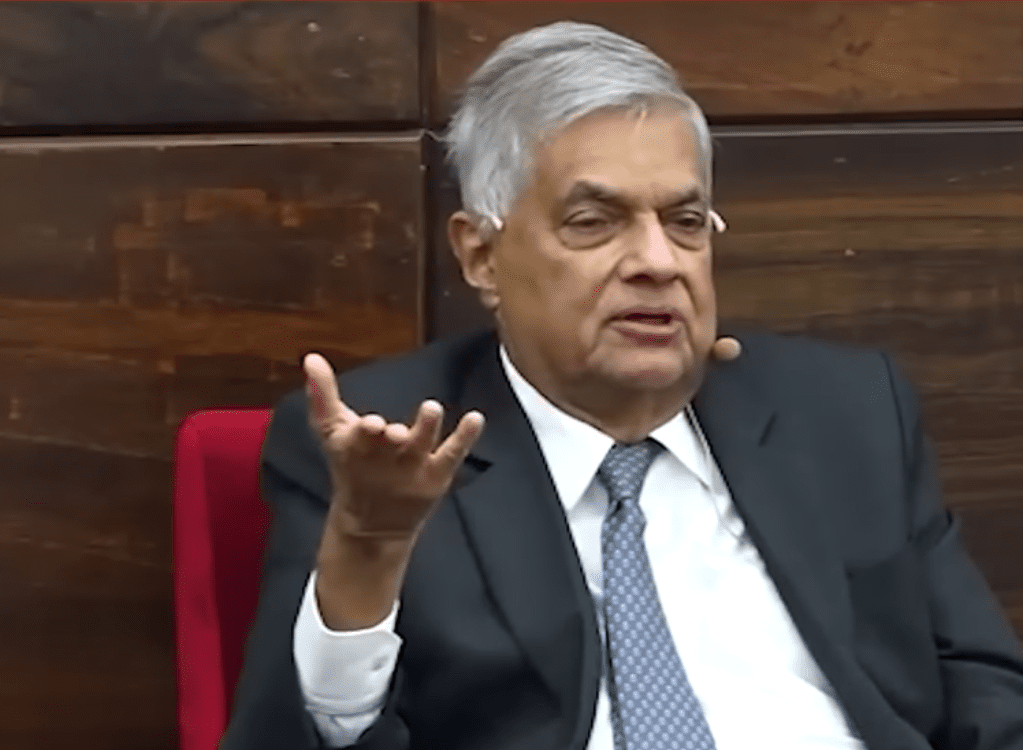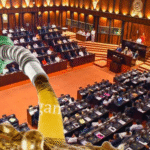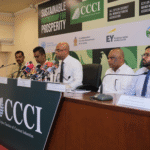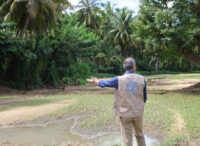Former President Ranil Wickremesinghe has called on the government to use Sri Lanka’s debt restructuring programme, particularly concerning international sovereign bonds (ISBs), as leverage in seeking relief from the 30 percent tariff currently imposed by the United States on Sri Lankan exports.
Speaking at the launch of Policy Challenges of Globalisation, authored by economist Professor Sarath Rajapathirana, the former President said Washington’s expectation for Sri Lanka to honour ISB repayments must be matched with realistic support to avoid economic collapse.
“Washington wants Sri Lanka to settle its debts to ISB holders. However, this will not be possible if our economy collapses. This point must be raised in talks with the U.S. as part of the broader discussion on economic reforms and debt restructuring,” he said.
Wickremesinghe warned that while countries like Vietnam and Bangladesh, also previously hit by U.S. trade restrictions, have made significant progress, Sri Lanka continues to lag behind.
Asked whether he would advise the current government on navigating U.S. relations, Wickremesinghe offered a sharp response: “There’s no point—I know they won’t take it.”
The former president also emphasised the urgency of Sri Lanka aligning itself with key regional economic frameworks, including the Regional Comprehensive Economic Partnership (RCEP), which counts China, Japan, and Australia among its members.
“Sri Lanka must strategically position itself within global initiatives such as China’s Belt and Road Initiative, Japan’s Asia-Pacific strategy, and India’s Indian Ocean Framework,” he said, warning that the shifting geopolitical environment requires smart engagement and clear economic direction.
On global power dynamics, Wickremesinghe noted that the United States is attempting to maintain dollar dominance while simultaneously seeking to weaken China’s manufacturing base—a strategy that could impact nations like Sri Lanka caught in the middle of economic and strategic realignments.











Leave a comment